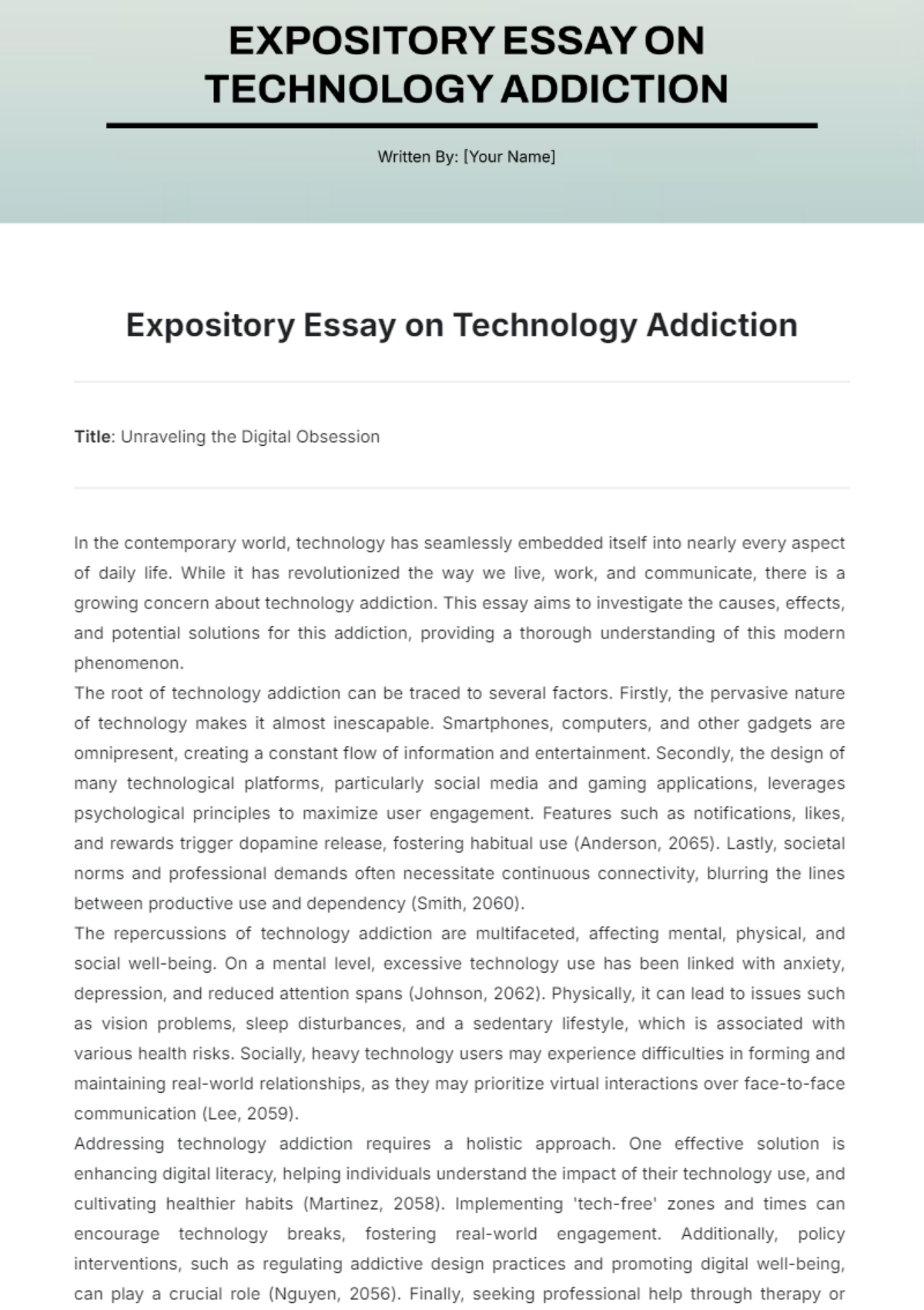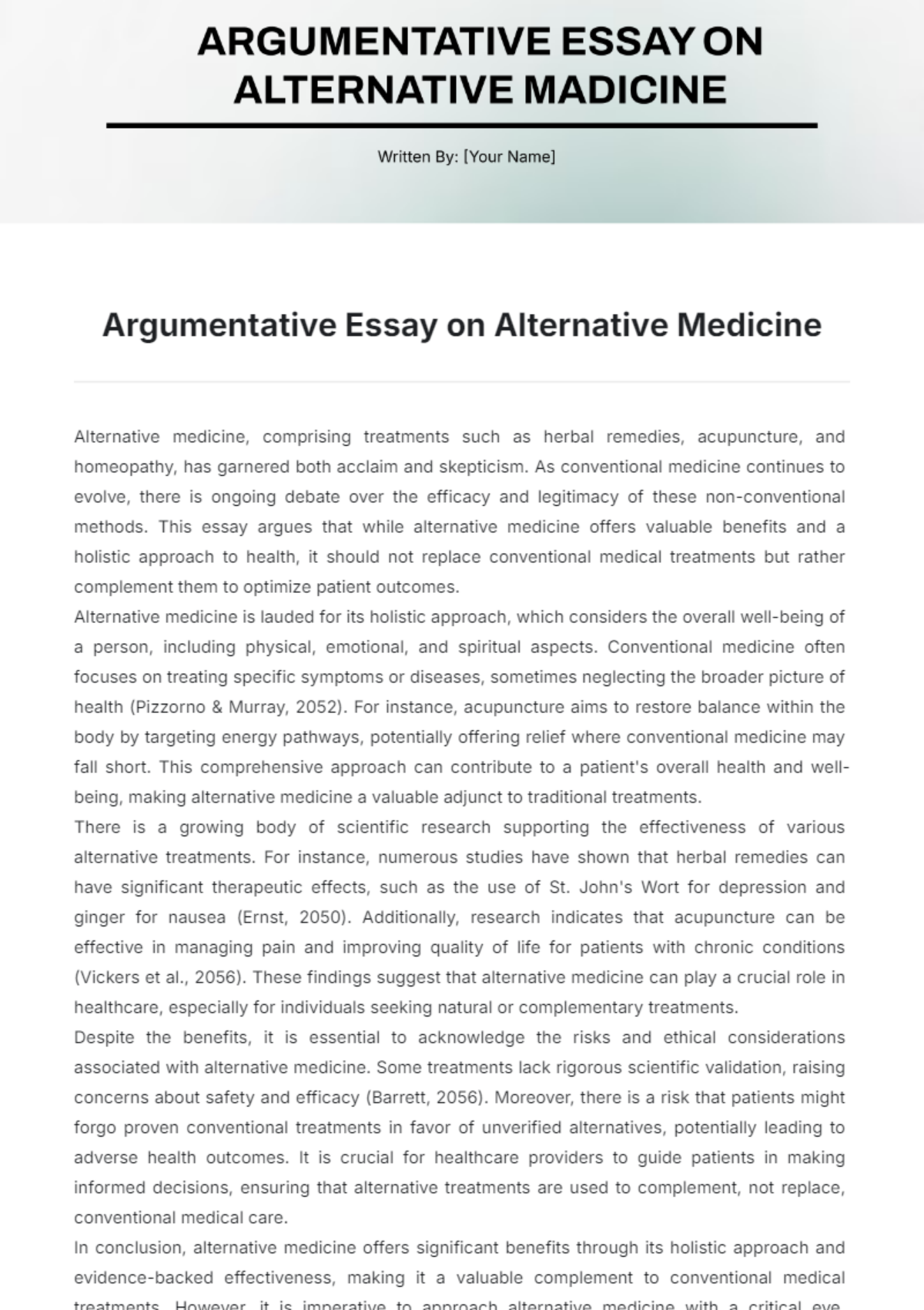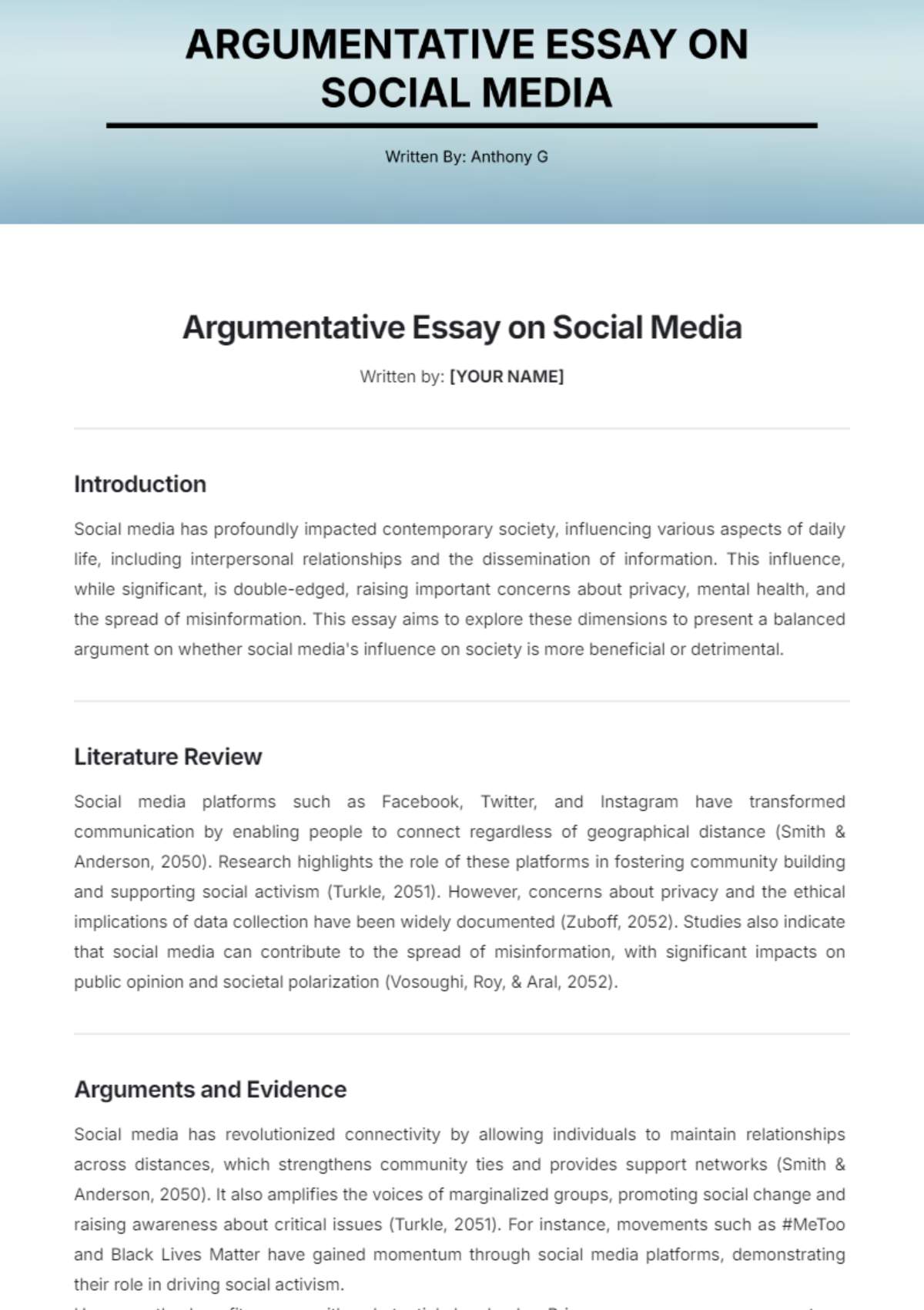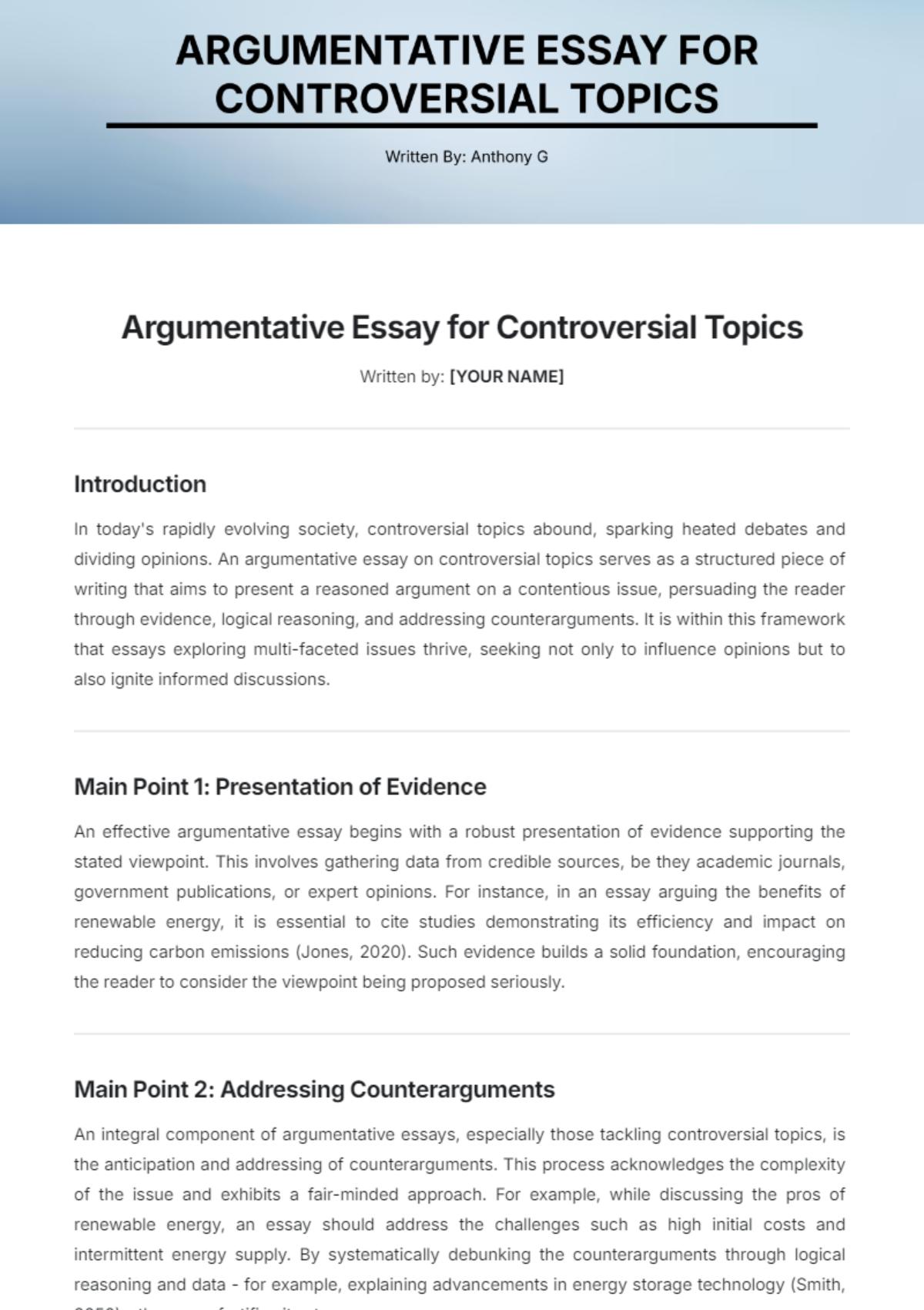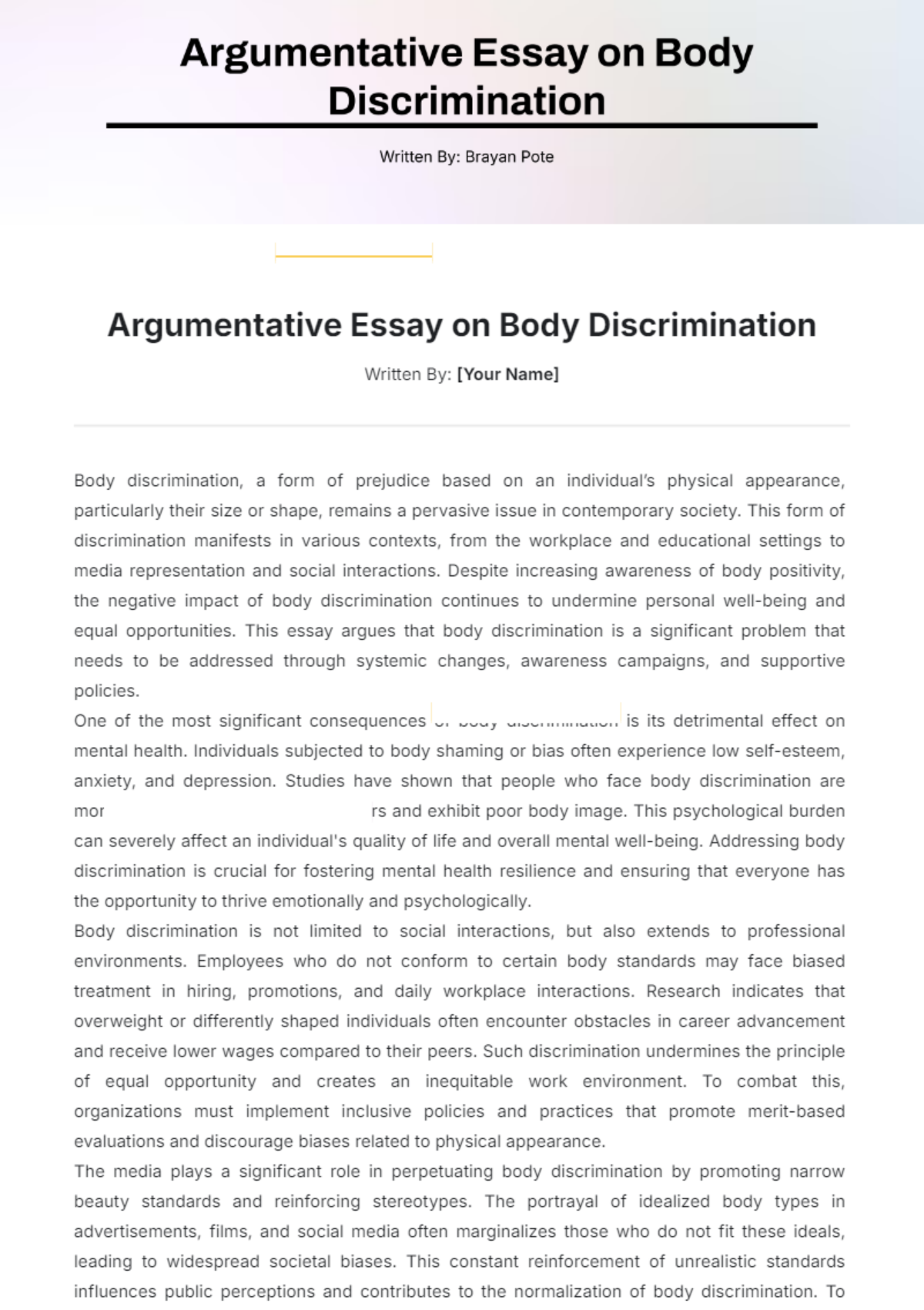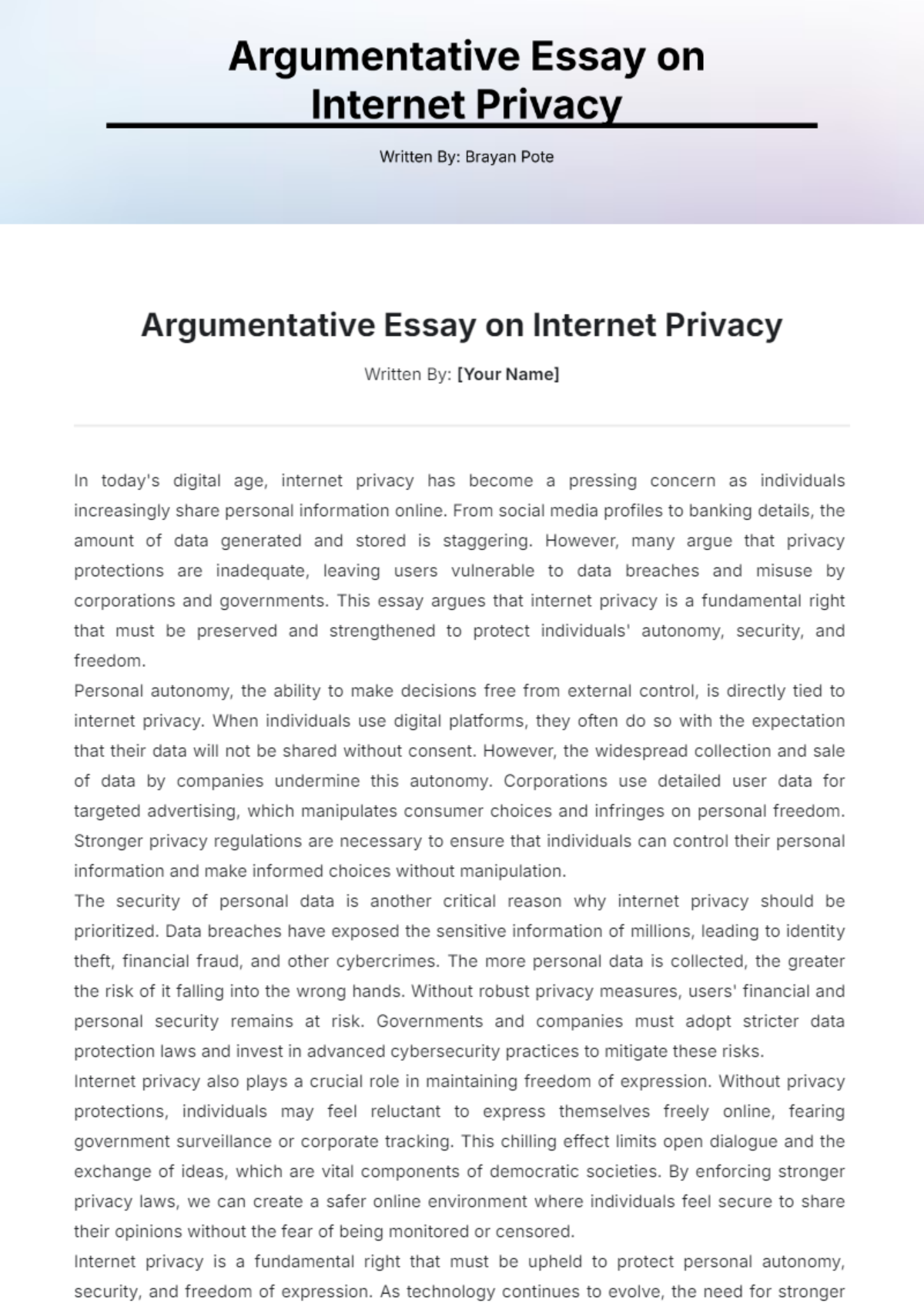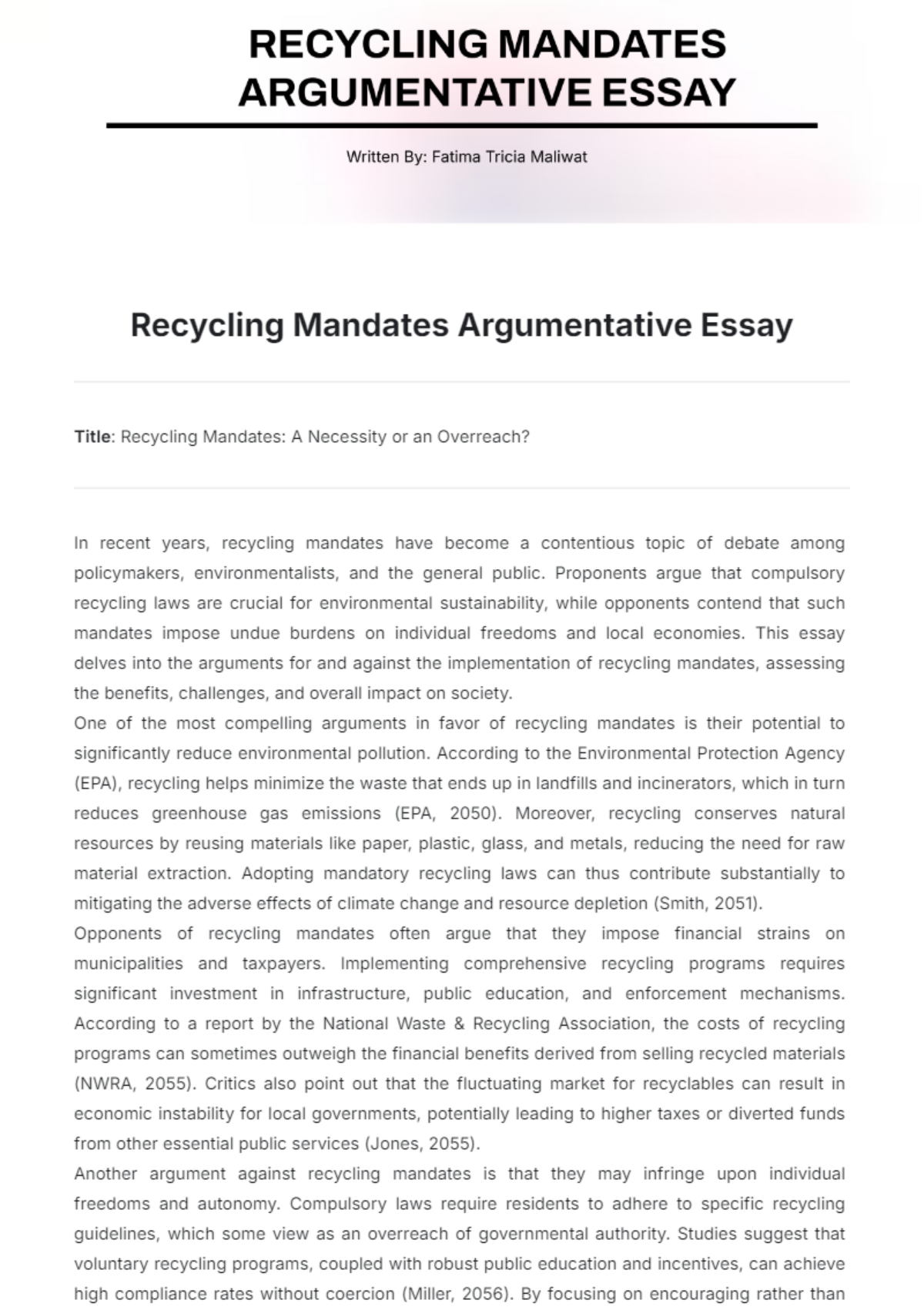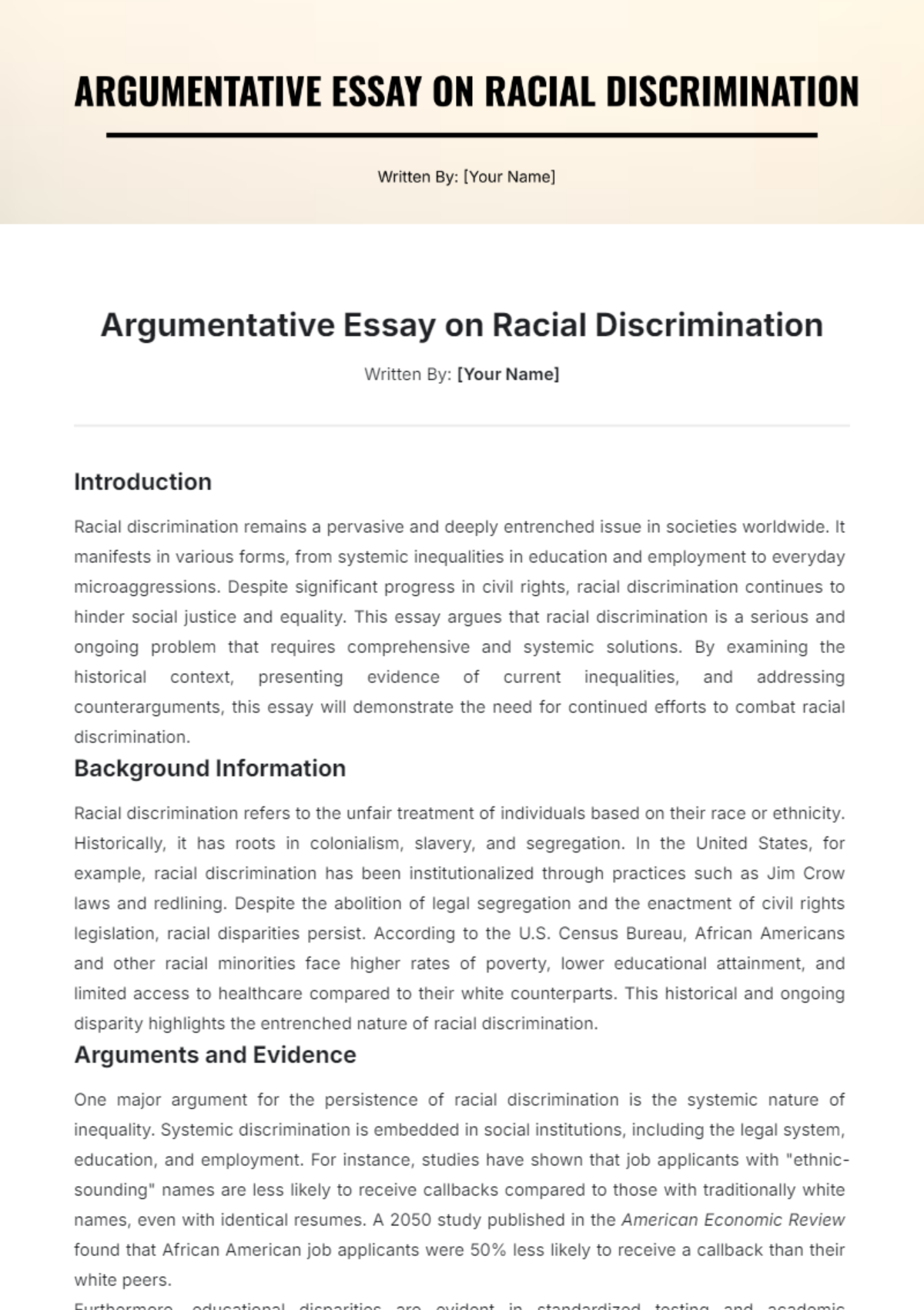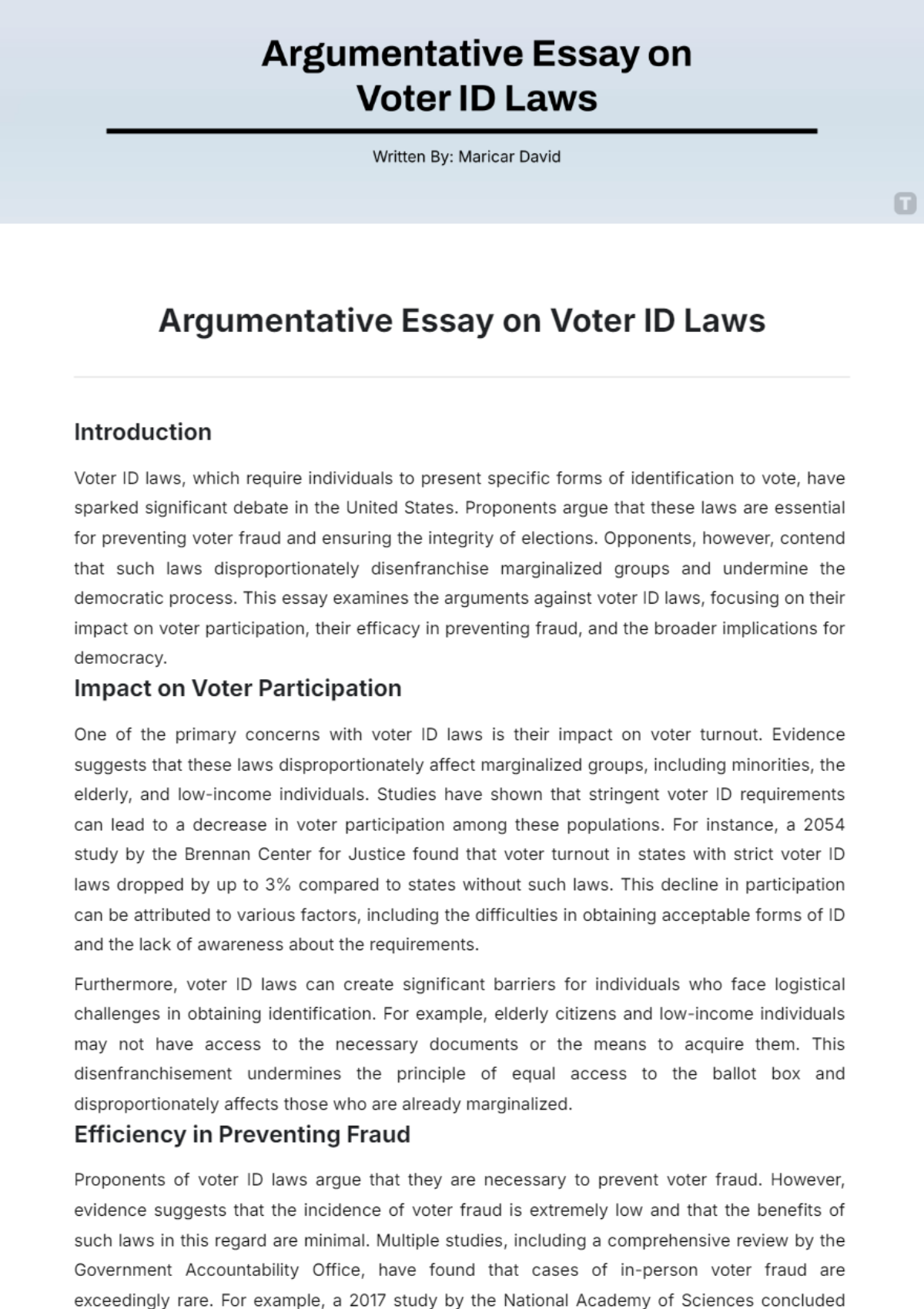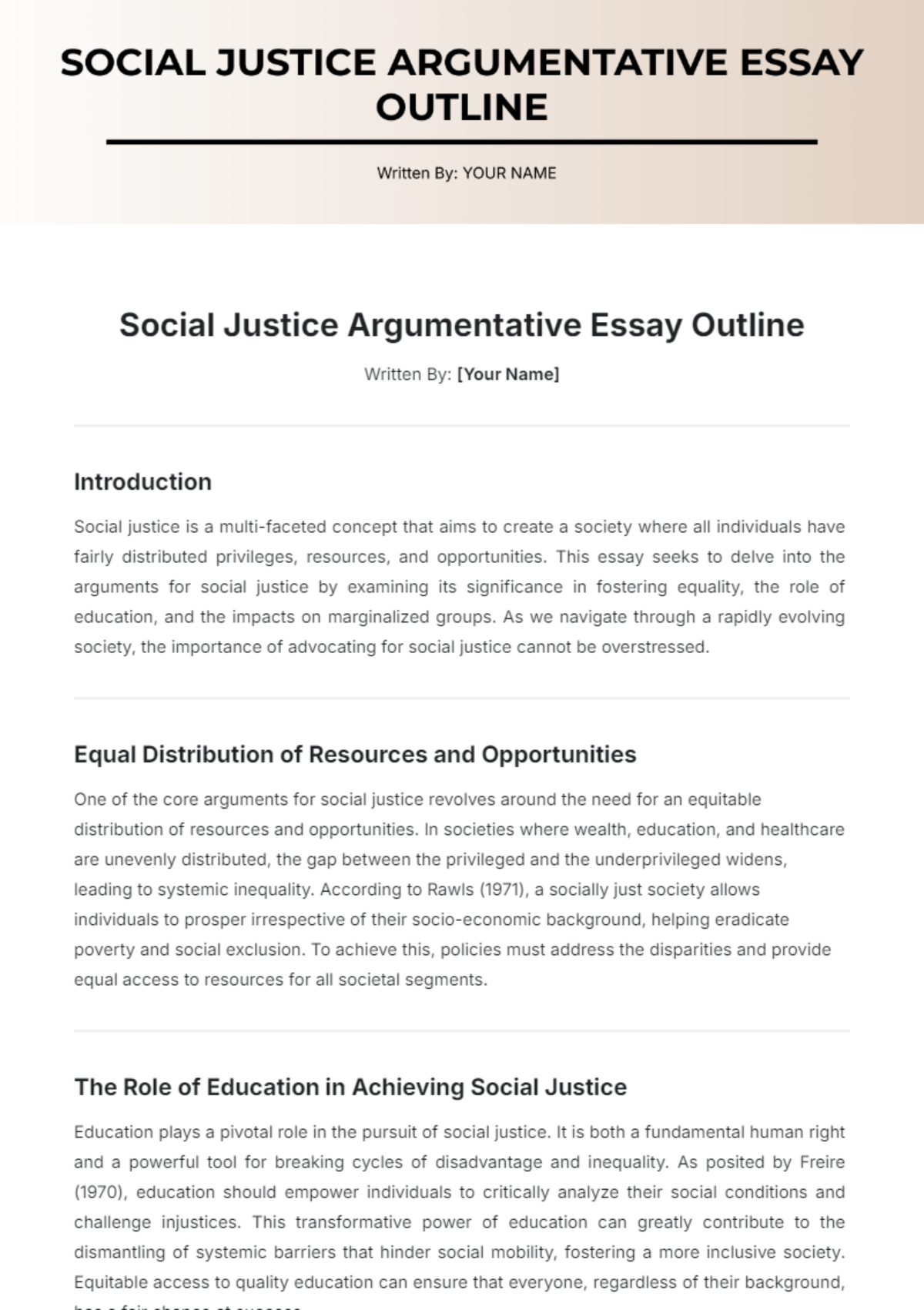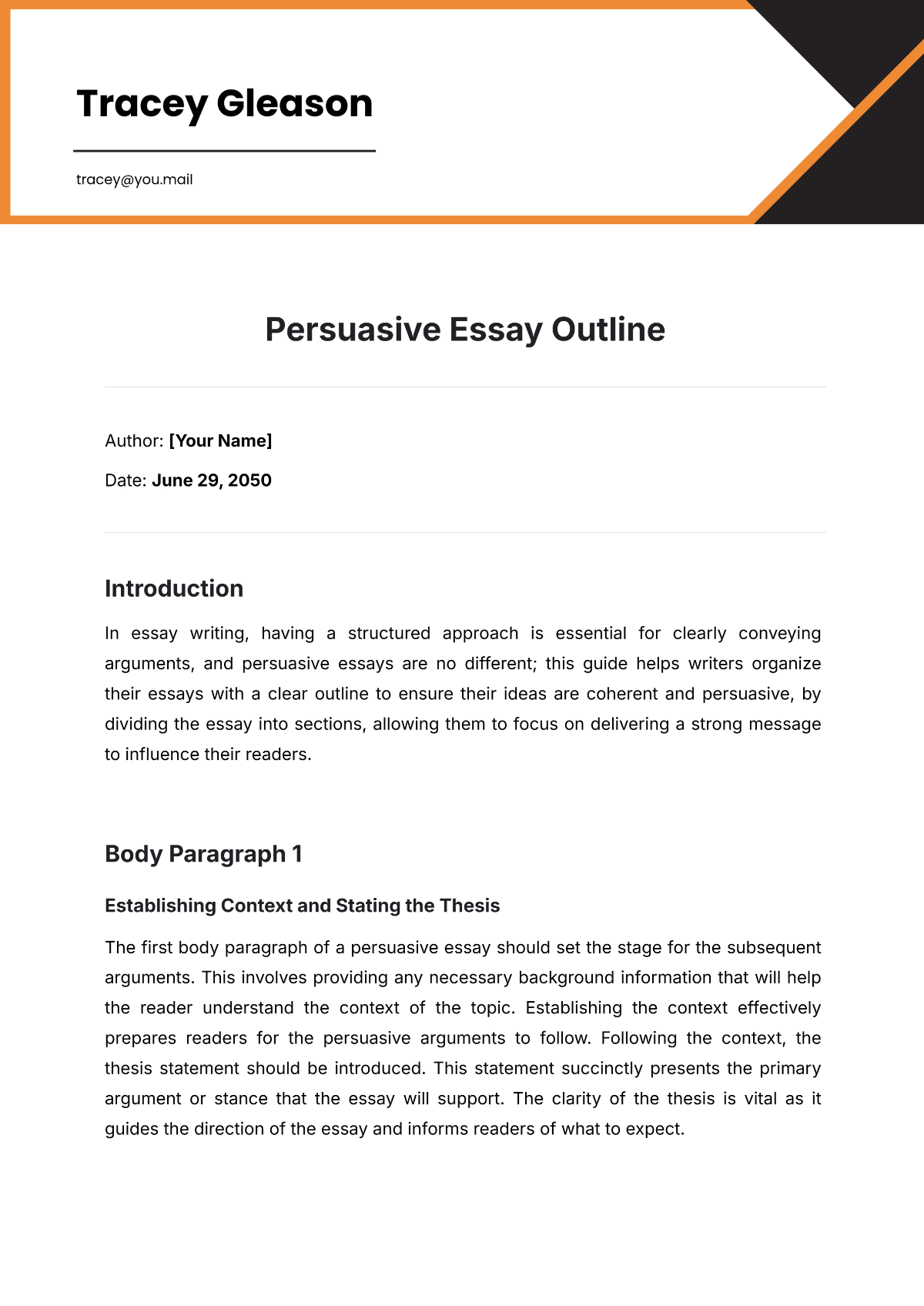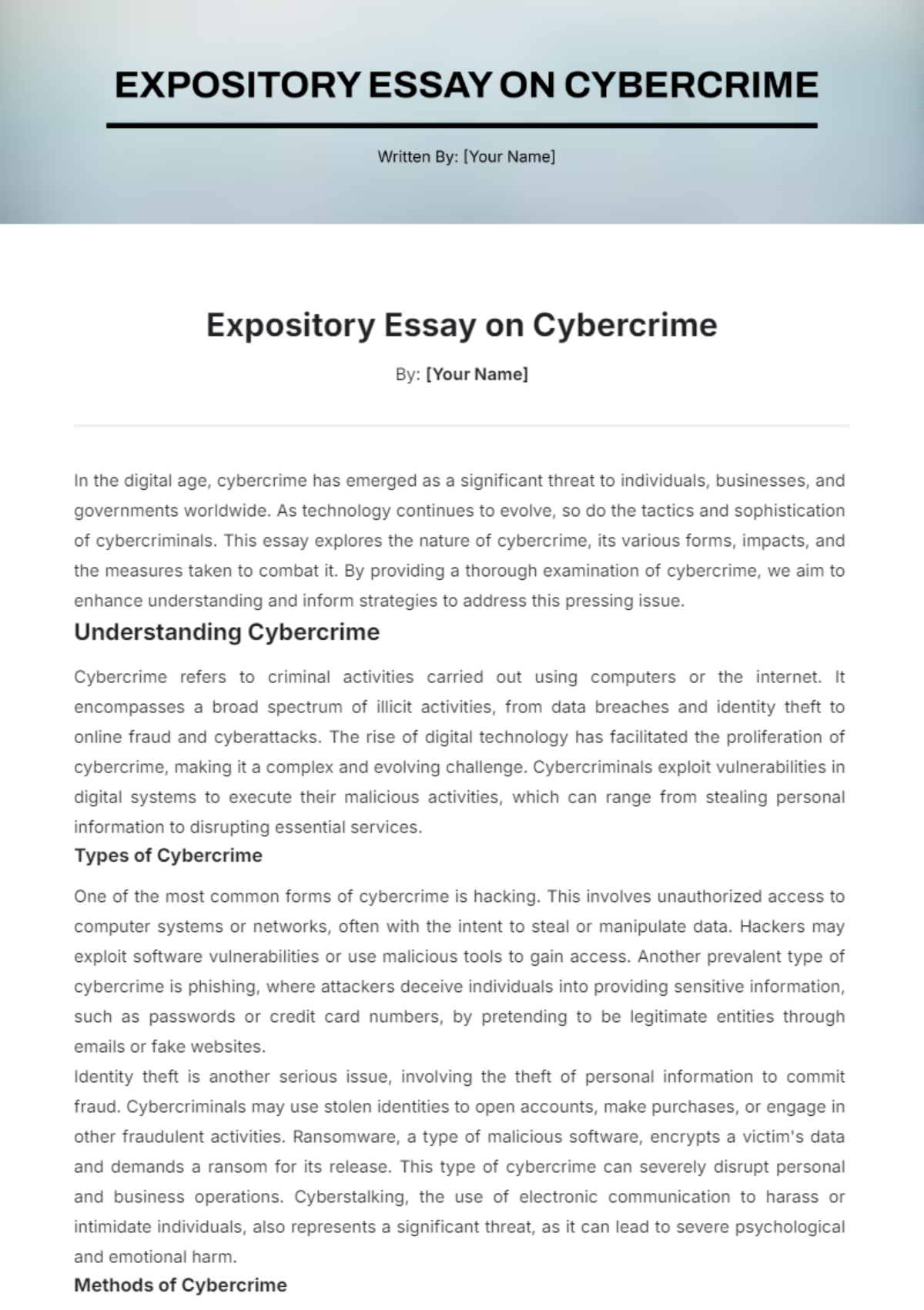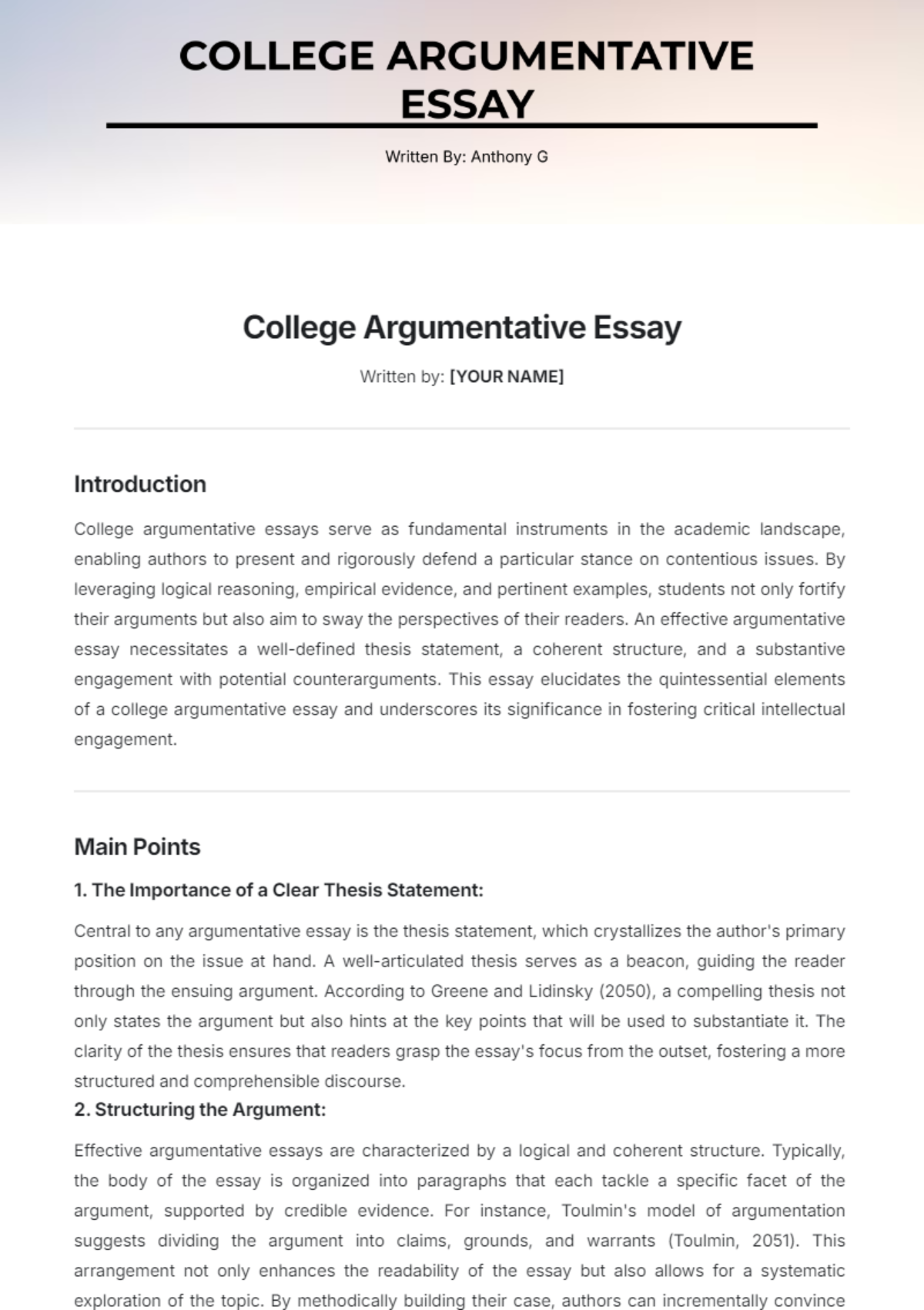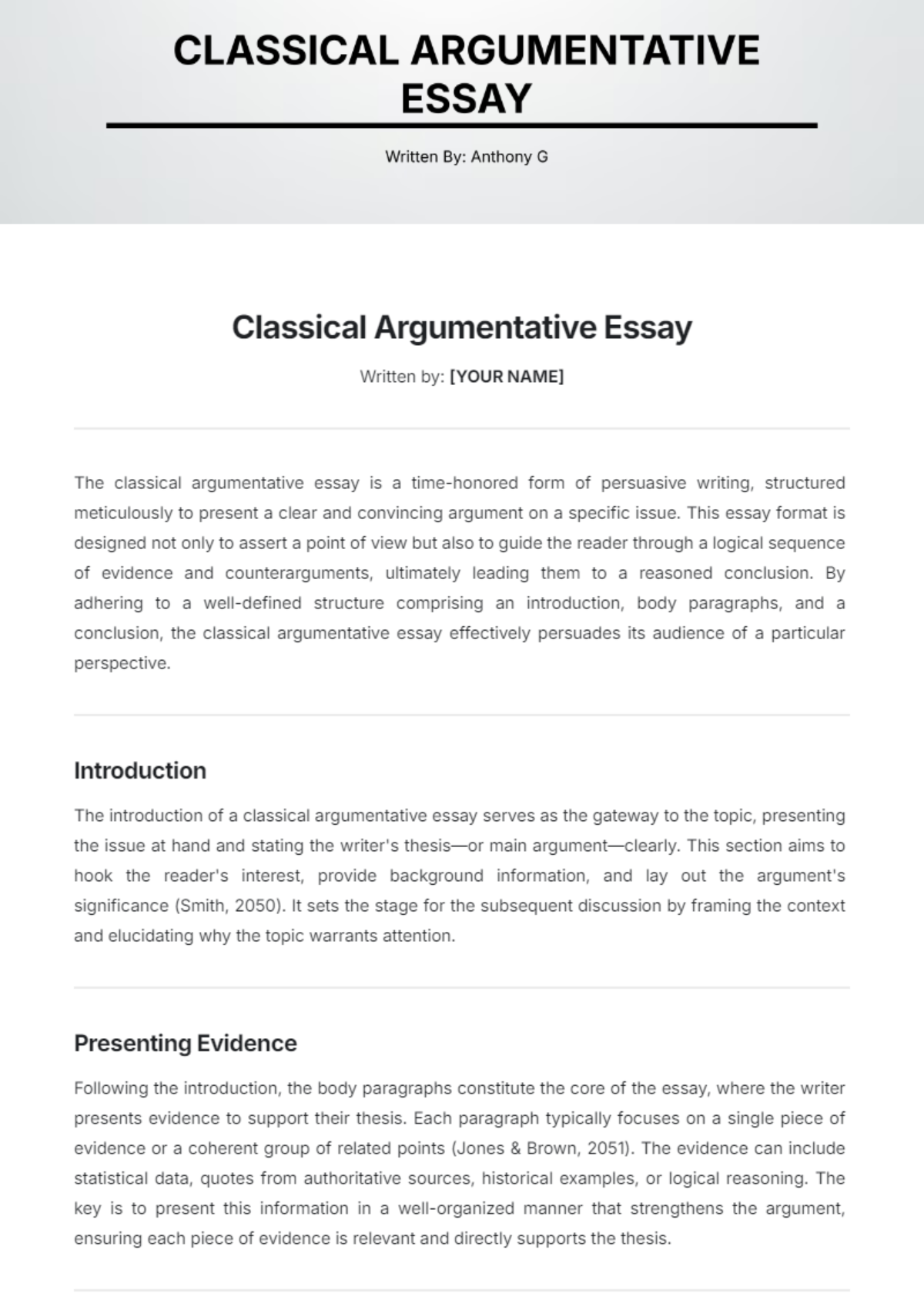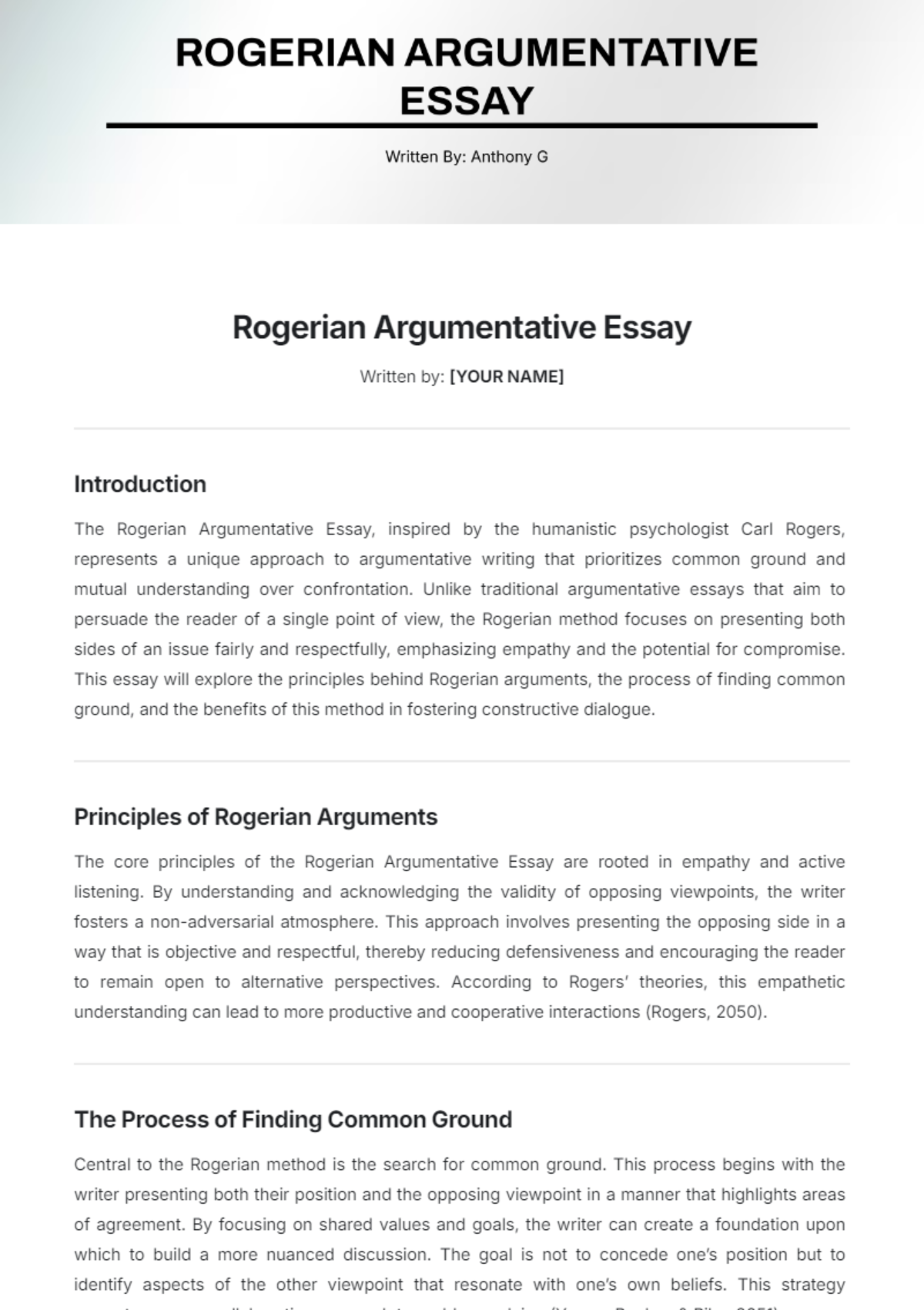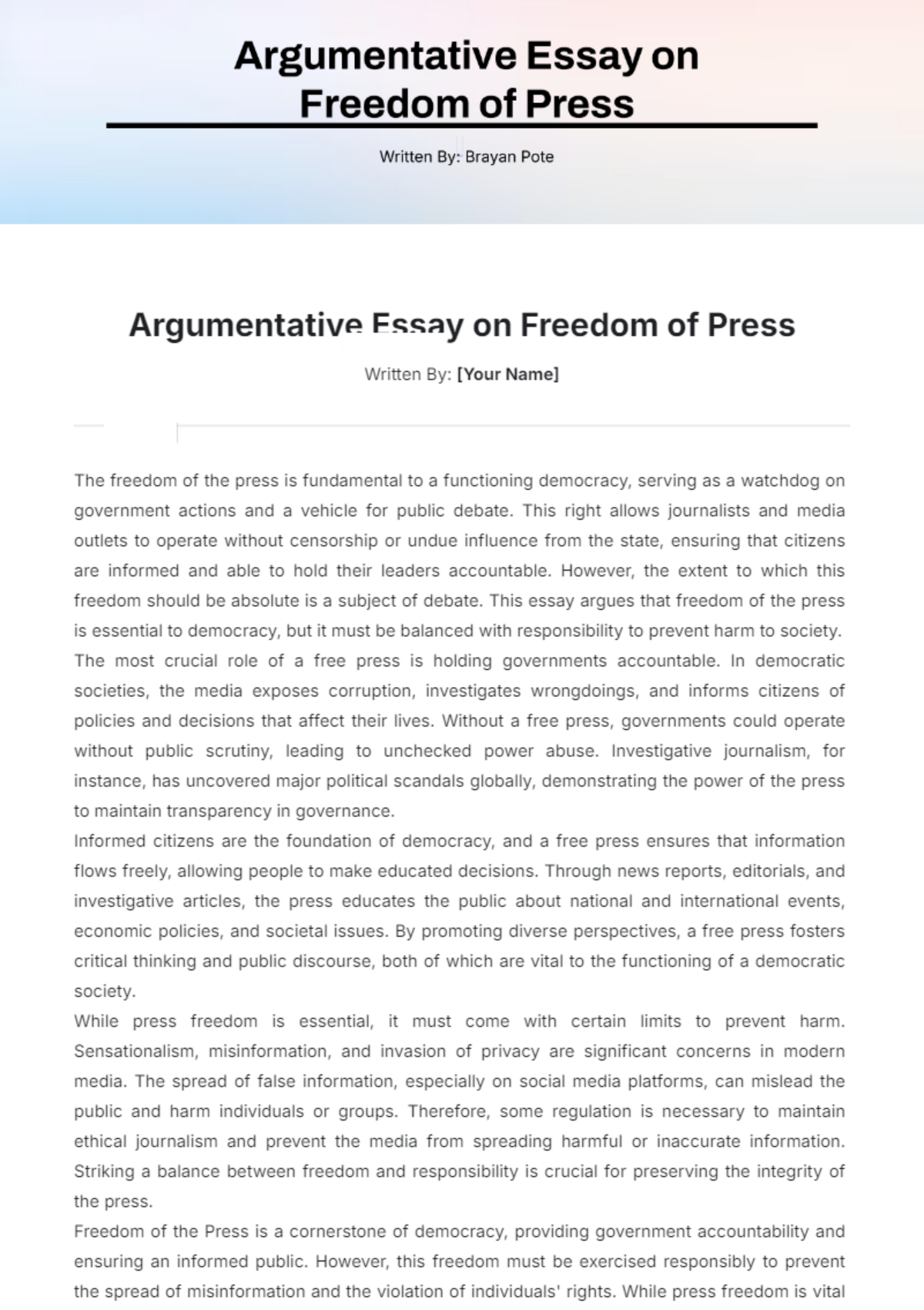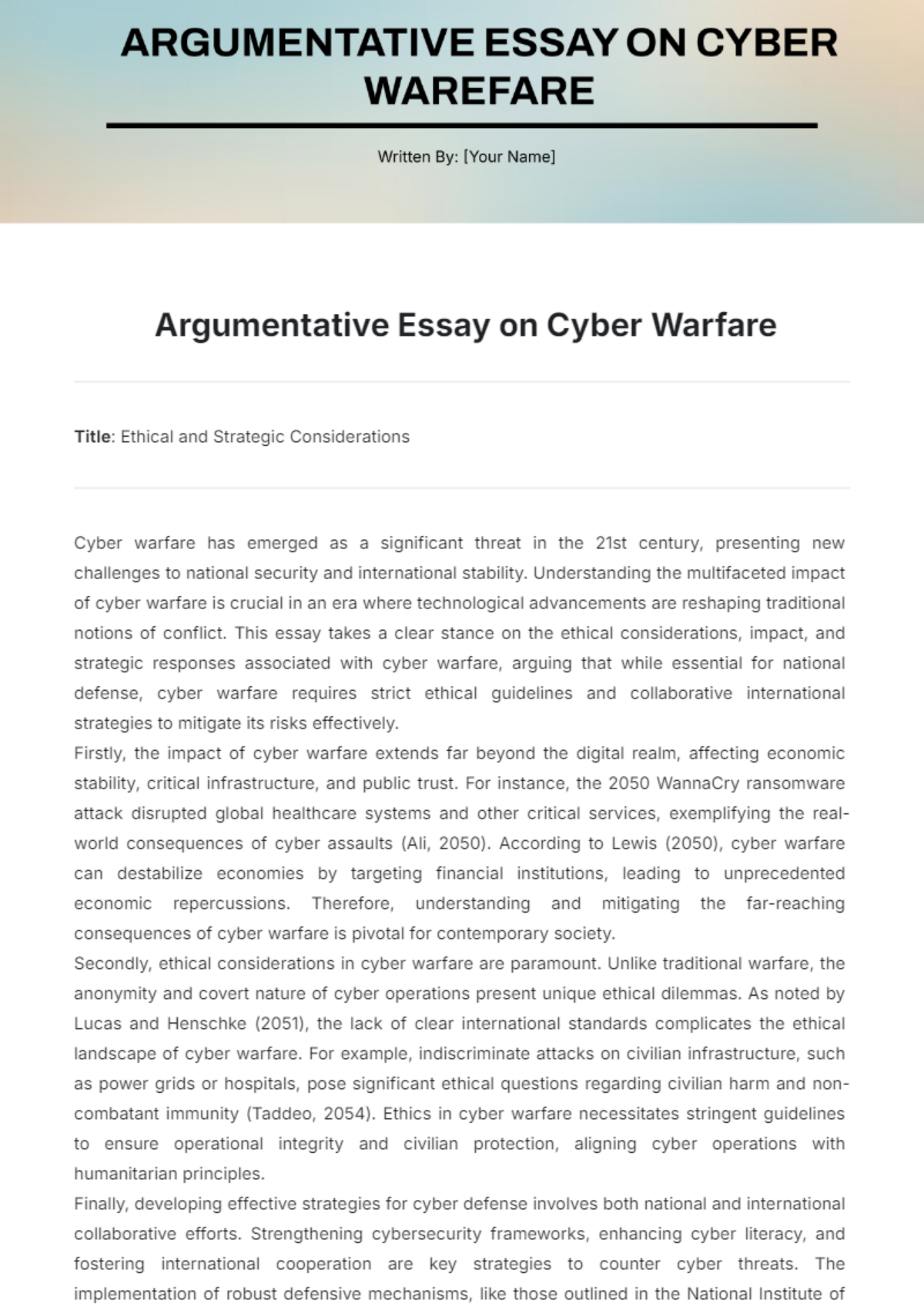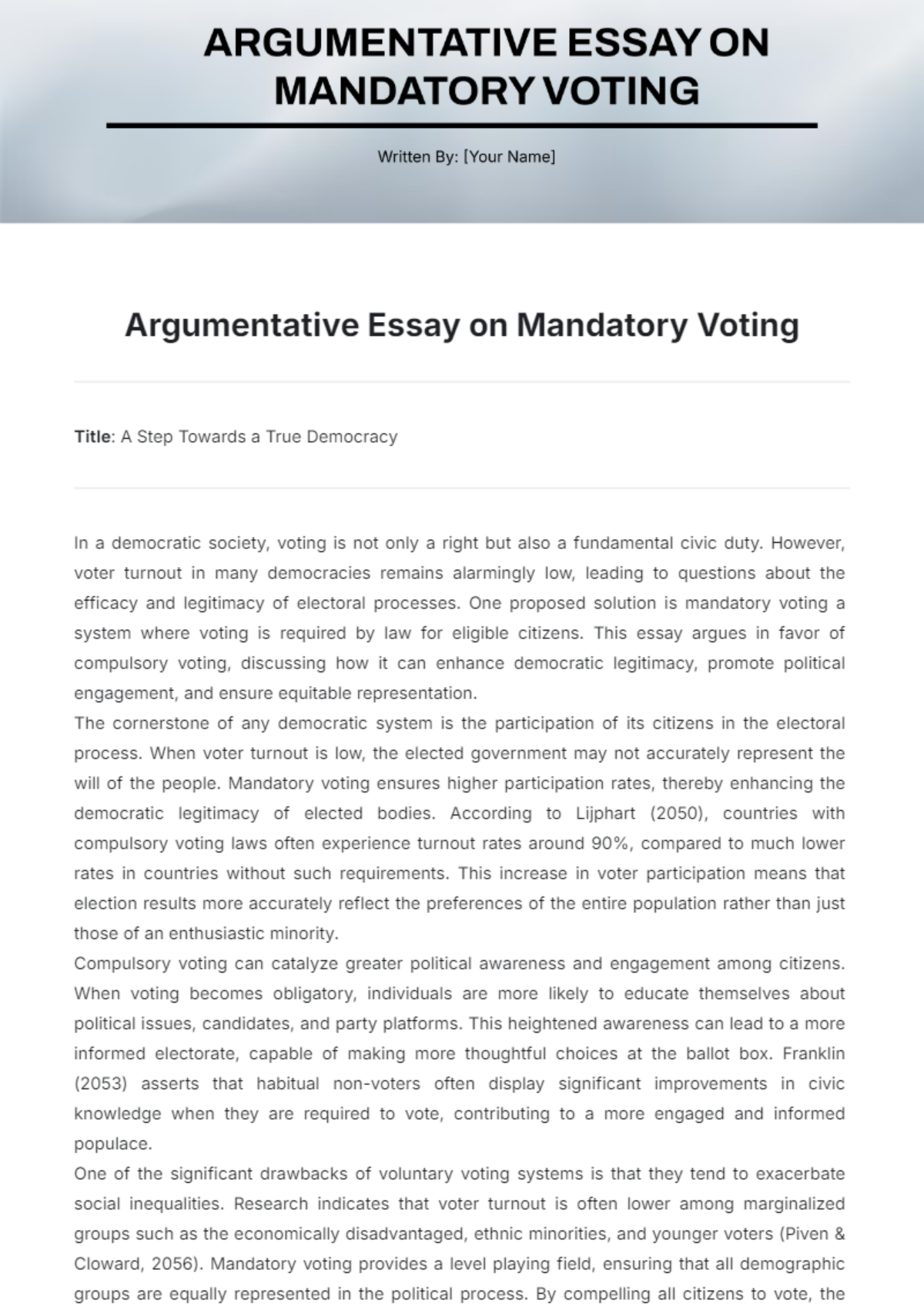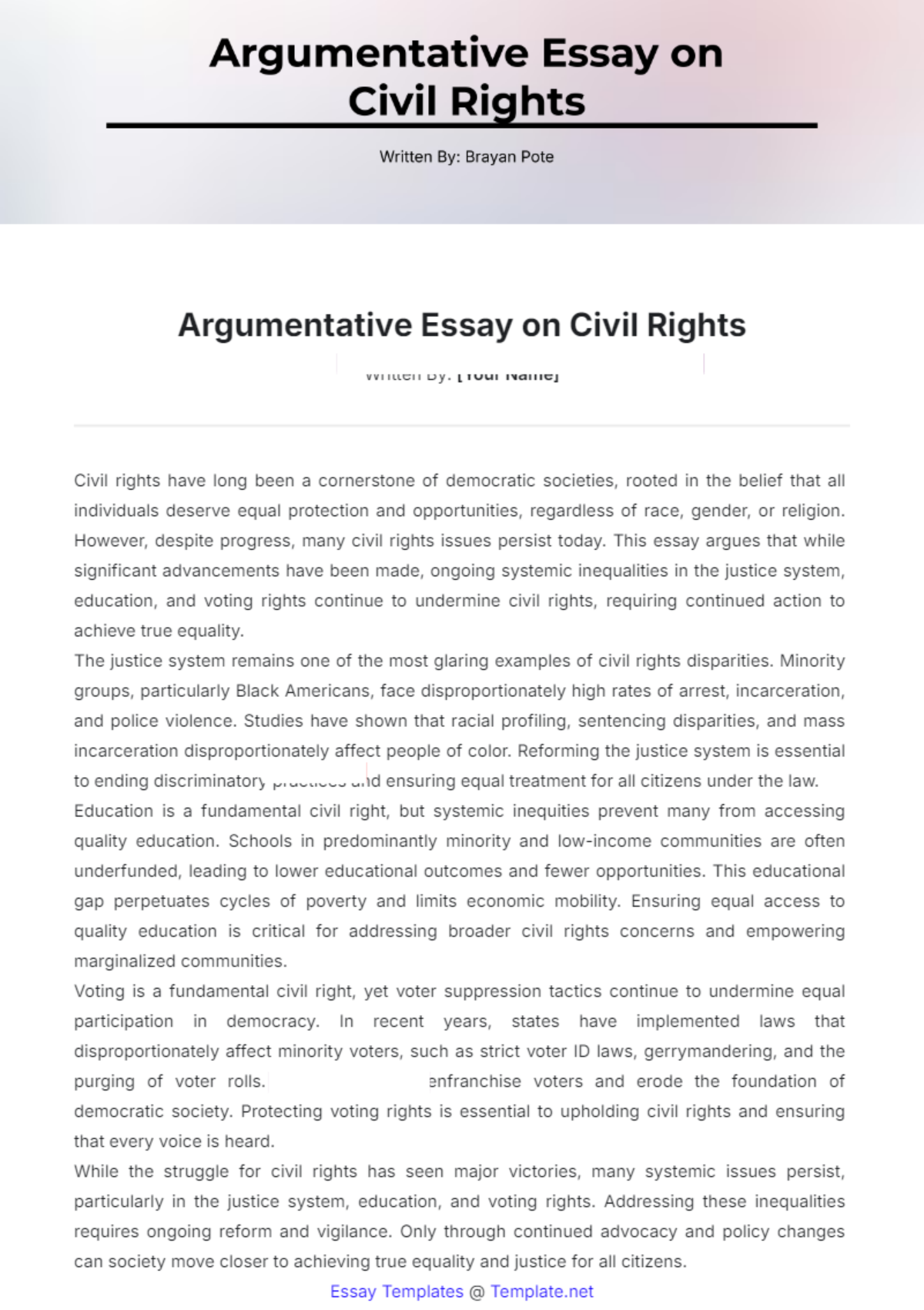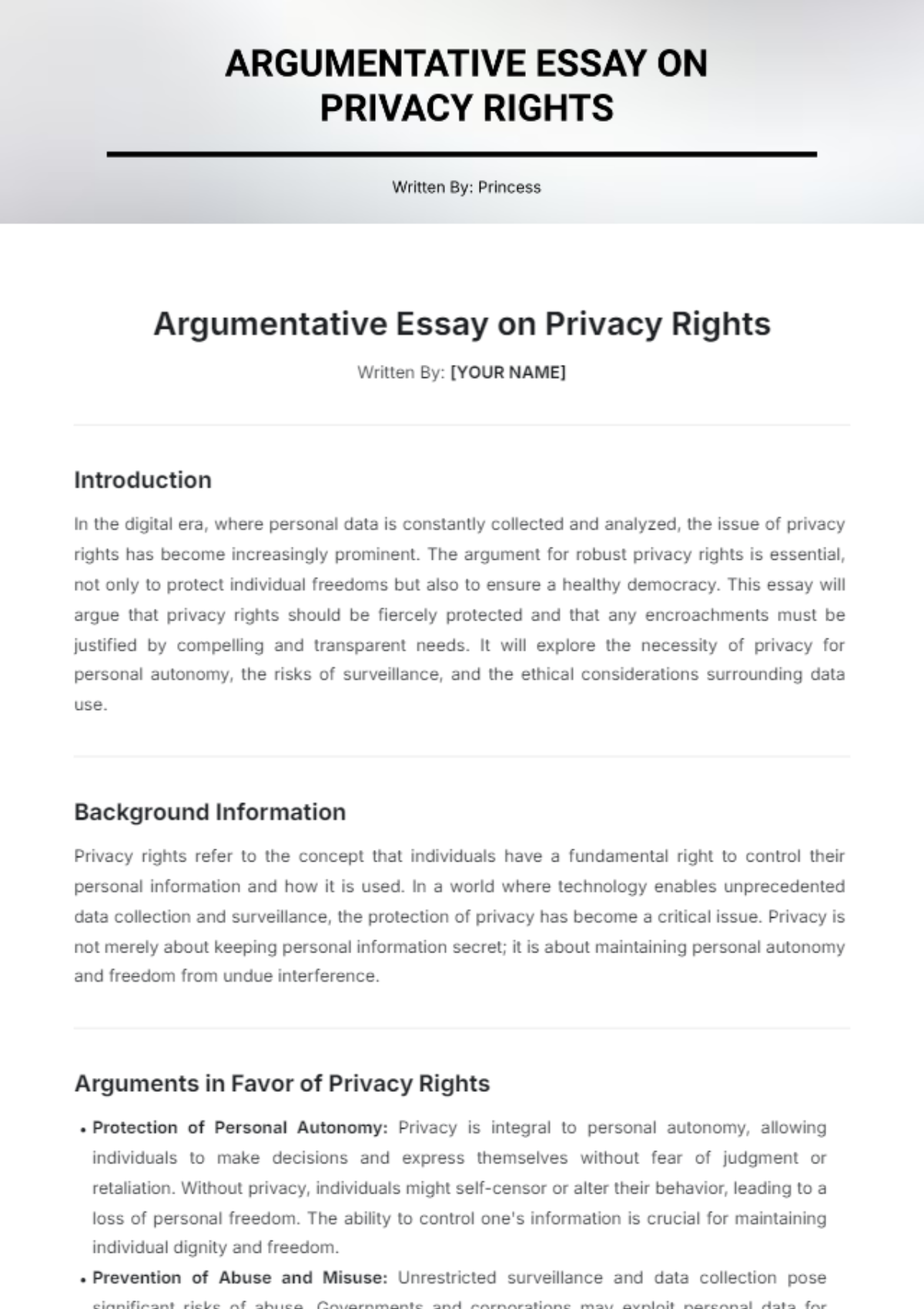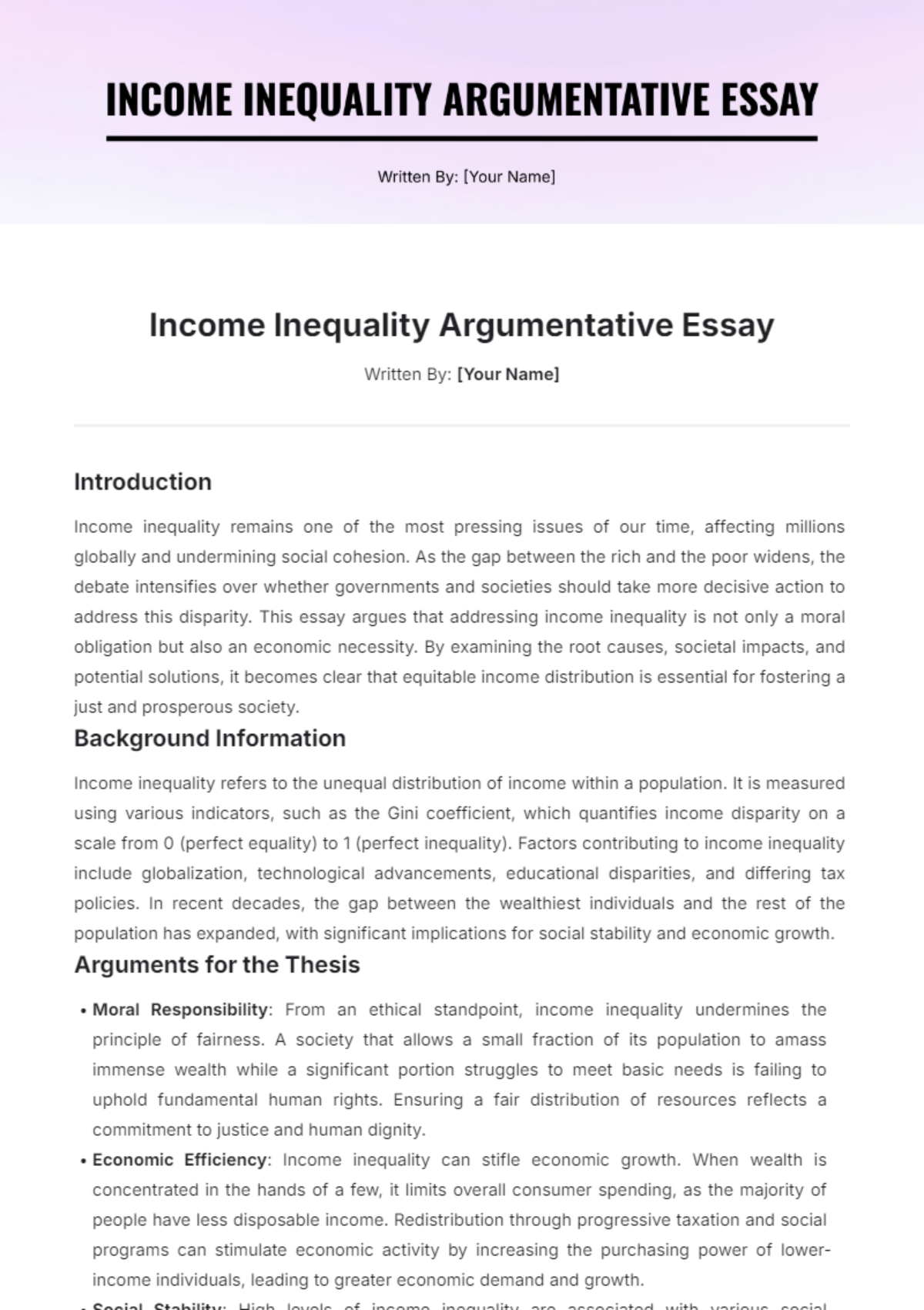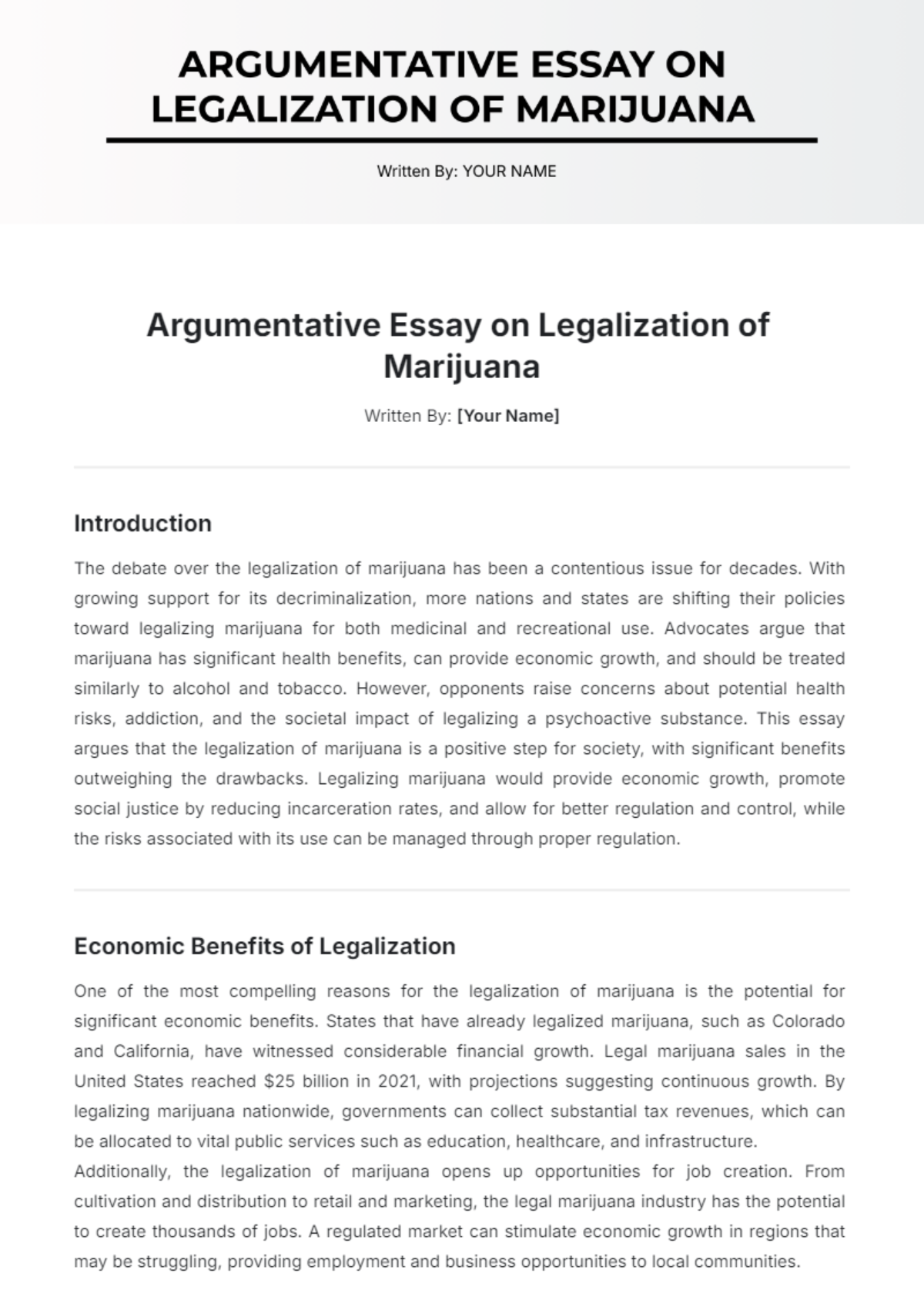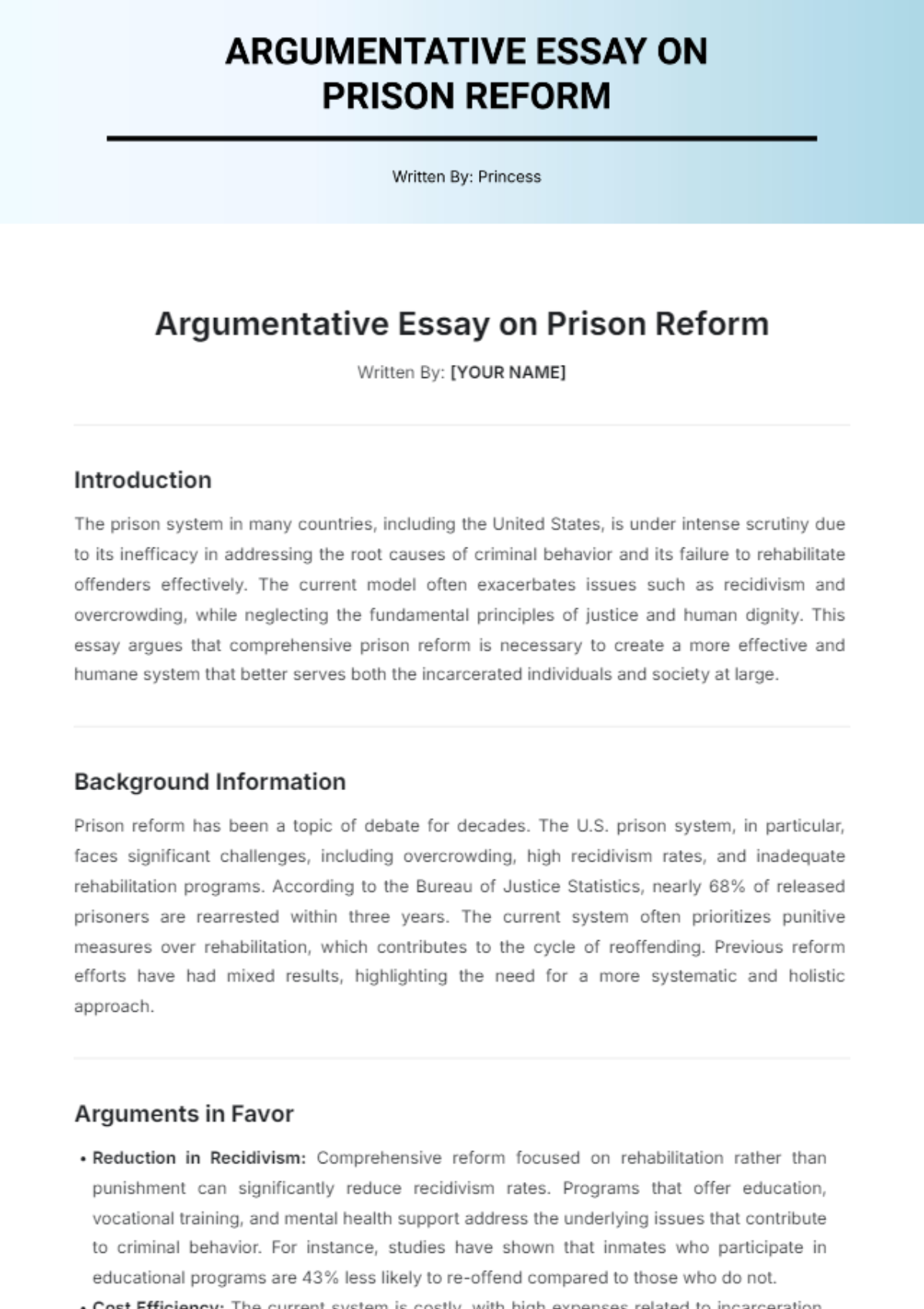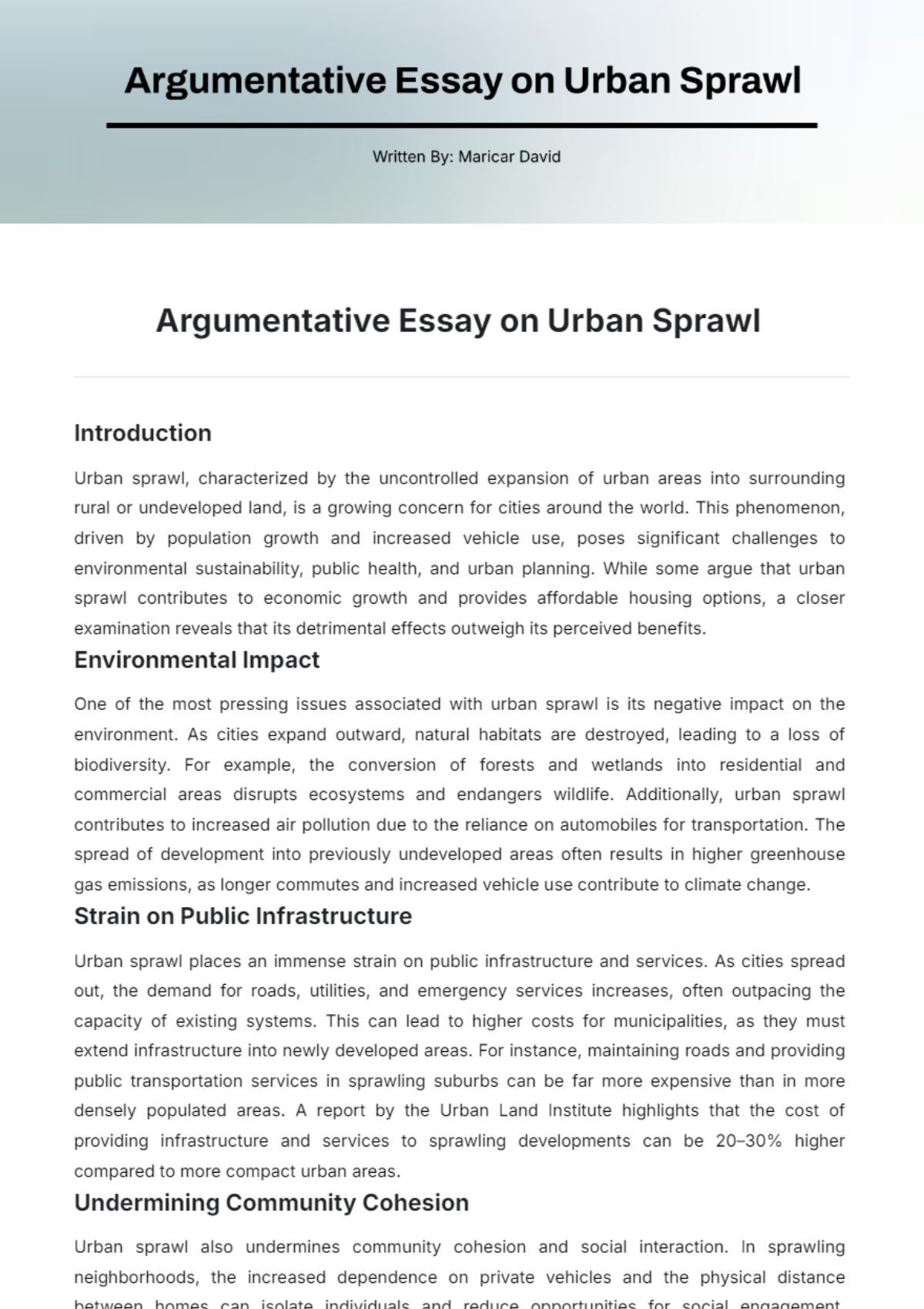Argumentative Essay on Mandatory Voting
Title: A Step Towards a True Democracy
In a democratic society, voting is not only a right but also a fundamental civic duty. However, voter turnout in many democracies remains alarmingly low, leading to questions about the efficacy and legitimacy of electoral processes. One proposed solution is mandatory voting a system where voting is required by law for eligible citizens. This essay argues in favor of compulsory voting, discussing how it can enhance democratic legitimacy, promote political engagement, and ensure equitable representation.
The cornerstone of any democratic system is the participation of its citizens in the electoral process. When voter turnout is low, the elected government may not accurately represent the will of the people. Mandatory voting ensures higher participation rates, thereby enhancing the democratic legitimacy of elected bodies. According to Lijphart (2050), countries with compulsory voting laws often experience turnout rates around 90%, compared to much lower rates in countries without such requirements. This increase in voter participation means that election results more accurately reflect the preferences of the entire population rather than just those of an enthusiastic minority.
Compulsory voting can catalyze greater political awareness and engagement among citizens. When voting becomes obligatory, individuals are more likely to educate themselves about political issues, candidates, and party platforms. This heightened awareness can lead to a more informed electorate, capable of making more thoughtful choices at the ballot box. Franklin (2053) asserts that habitual non-voters often display significant improvements in civic knowledge when they are required to vote, contributing to a more engaged and informed populace.
One of the significant drawbacks of voluntary voting systems is that they tend to exacerbate social inequalities. Research indicates that voter turnout is often lower among marginalized groups such as the economically disadvantaged, ethnic minorities, and younger voters (Piven & Cloward, 2056). Mandatory voting provides a level playing field, ensuring that all demographic groups are equally represented in the political process. By compelling all citizens to vote, the system addresses the disparities that exist in voluntary voting systems, leading to more equitable representation and better policymaking that considers the needs of all societal segments.
In conclusion, mandatory voting has the potential to significantly enhance the legitimacy, engagement, and fairness of democratic processes. By requiring every eligible citizen to participate in elections, we can ensure that elected governments truly reflect the will of the people. Furthermore, such a system promotes political awareness and counters social inequities in political representation. While some may argue that compulsory voting infringes on individual freedom, it is a reasonable measure to strengthen the democratic fabric of society. For democracies to function optimally, they must be inclusive and representative, and mandatory voting is a step in that direction.



